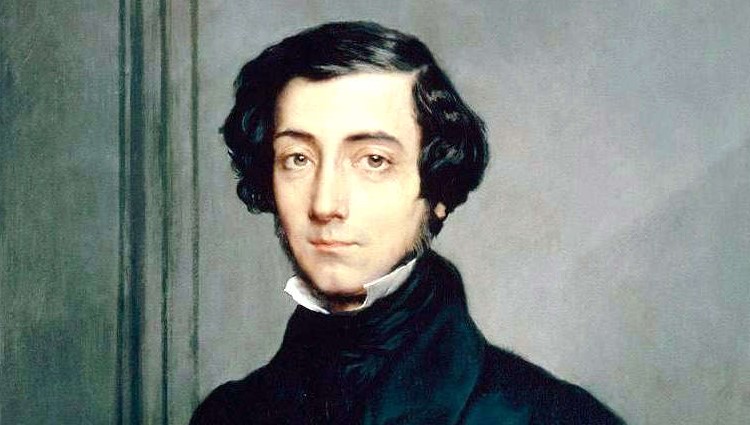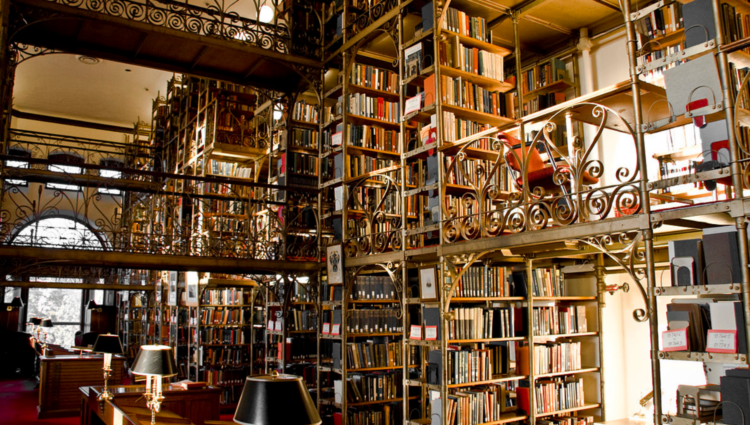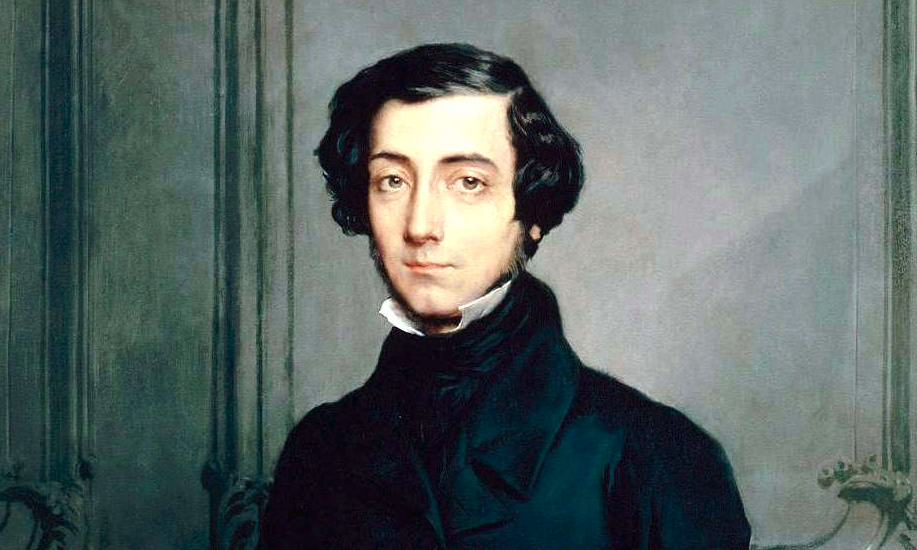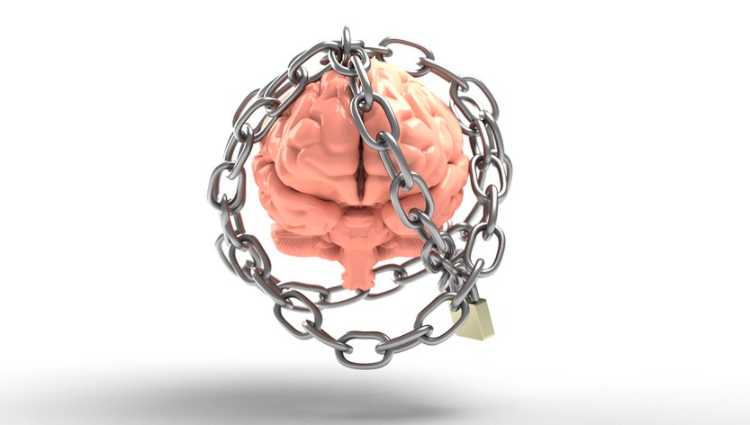Remembering Alexis de Tocqueville
The rule of democratic tyranny, Tocqueville held, “reduces each nation to nothing more than a herd of timid and industrious animals of which the government is the shepherd”… Today’s offering in our Timeless Essay series affords readers the opportunity to join Patrick Deneen as he traces Alexis de Tocqueville’s argument concerning the American tendency towards majoritarianism [...]





